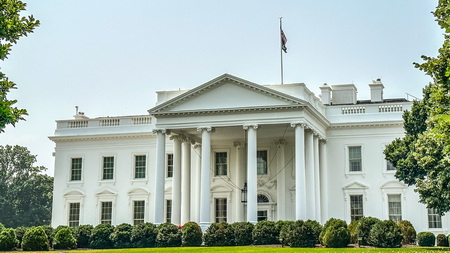
The Biden administration is considering increasing the corporate tax rate and the individual rate for high earners as it deliberates how to structure its next major legislative initiative – a sprawling “Build Back Better” economic growth package that may cost far more than the $1.9 trillion coronavirus-relief bill enacted last week. (BGov, March 15 and Roundtable Weekly, March 12)
Why It Matters:
Congressional Legislation:
What's Next:
Infrastructure investment will be a focus of discussion between commercial real estate leaders and policymakers during The Spring Roundtable Meeting on April 20 in Washington, DC.
# # #

Congressional Committee leaders are gearing up energy and climate proposals as the Biden Administration assembles its plan for an infrastructure initiative to bolster the recovery of the pandemic-damaged economy.
What’s at Stake:
Regulation and Federal Funding:
The Real Estate Roundtable’s Sustainability Policy Advisory Committee (SPAC) continues to work with congressional policymakers, EPA and DOE on energy and climate issues of importance to commercial real estate.
# # #

The Real Estate Roundtable, along with 30 other national real estate, housing, environmental, farming, ranching, forestry, and financial services-related organizations, wrote to key policymakers on March 16 to underscore the vital importance of real estate like-kind exchanges.
The letters to Treasury Secretary Yellen and the chairmen and ranking members of the congressional tax-writing committees underscore the many benefits of like-kind exchanges to the U.S. economy and the health of real estate markets. The letters also show how the exchanges improve the supply of housing, retirement security, environmental conservation and the preservation of family-owned farms and ranches.
Why It Matters
Groundbreaking Research:
The letters highlight original research by Professors David Ling (Univ. Fla.) and Milena Petrova (Syracuse U.) on the economic impact of like-kind exchanges. The study commissioned by The Real Estate Roundtable and other organizations was published in two installments in the peer-reviewed Journal of Real Estate Literature here and here and more recently updated with current data.
The Roundtable’s Tax Policy Advisory Committee (TPAC) will continue working to raise awareness of the role that like-kind exchanges play in supporting the health and stability of U.S. real estate and real estate markets.
# # #